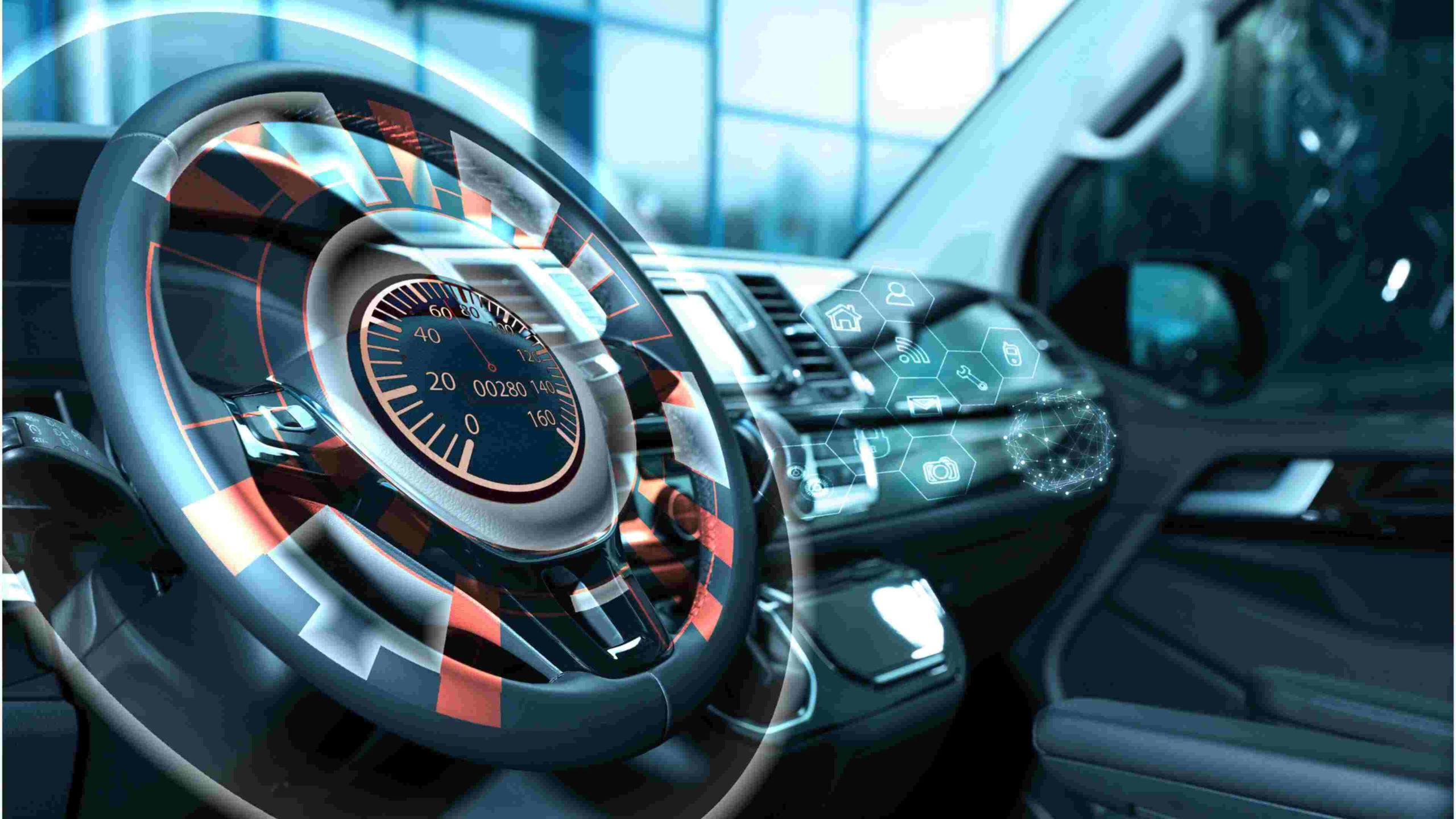Tech Trends That Will Change Parking
The Digital Age has transformed virtually every aspect of our lives. From how we eat to how we communicate, technology has had a truly powerful impact on modern existence. Transportation has, naturally, not remained oblivious to its marvels. Parking tech trends are up for an overhaul as cutting-edge technologies such as the Internet of Things (IoT), Artificial Intelligence (AI), and Big Data take over. In the future, parking would be a far cry from what it is today. It would be cashless, digitally enabled, and leave fewer carbon footprints.
Let us take a look at the parking tech trends that are poised to redefine parking.
-
Internet of Things
IoT is a network of connected devices, physical objects, and sensors that talk to each other and share information. Using IoT, real-time parking management can be actualized where drivers receive alerts that direct them to vacant parking lots, avoiding congested ones. In this manner, motorists spend less time looking for parking space and reduce their carbon footprint. In addition, parking vendors can increase their turnover by smart management that optimizes available parking space. IoT can also be used to curb resource waste in terms of redundant personnel.
-
Big Data and AI
Big Data and AI enable a ‘central digital nervous system’ that allows for tracking, monitoring, and managing urban transport without the need for human intervention. Instead, urban planners can leverage sophisticated analytics to optimize parking rates, maximize productivity, and increase profitability. Dynamic pricing and surge pricing can be enabled by using Big Data and AI to manage parking and related activities. The city of Hangzhou in China has already implemented a City Brain that uses Big Data to analyze large data sets about traffic and parking and using AI, makes predictive updates for traffic management.
- Cashless Parking Systems
This ties in with IoT and AI-powered smart city management wherein contactless methods such as single chip-embedded cards can be used for payments and fines for urban transport. Inconvenience with using cash, finding spare change, and delays in making payments will certainly become a thing of the past. Contactless methods can also be paired with RFID technologies for automating vehicle identification. Accountability and transparency will result, in reducing the scope for fraud and leading to better urban governance. This is already happening in places such as Singapore where cashless payment is the norm.
-
Chatbots
Embedded into cars, chatbots can guide drivers to parking lots, and direct them toward entry and exit points, thus helping them avoid high-density roads. Nissan’s Micra chatbot communicates with drivers and in the future, we are likely to see other automakers follow suit. Digitally-enabled interactions between humans and chatbots can revolutionize parking by making parking attendants redundant and eliminating the need for physical interaction, thus making parking more efficient.
Harnessing tech-enabled predictive capabilities, these trends will undoubtedly make parking in the future hassle-free and convenient. As inefficiencies reduce, they will lead to better resource utilization, ushering in a golden era for parking.

